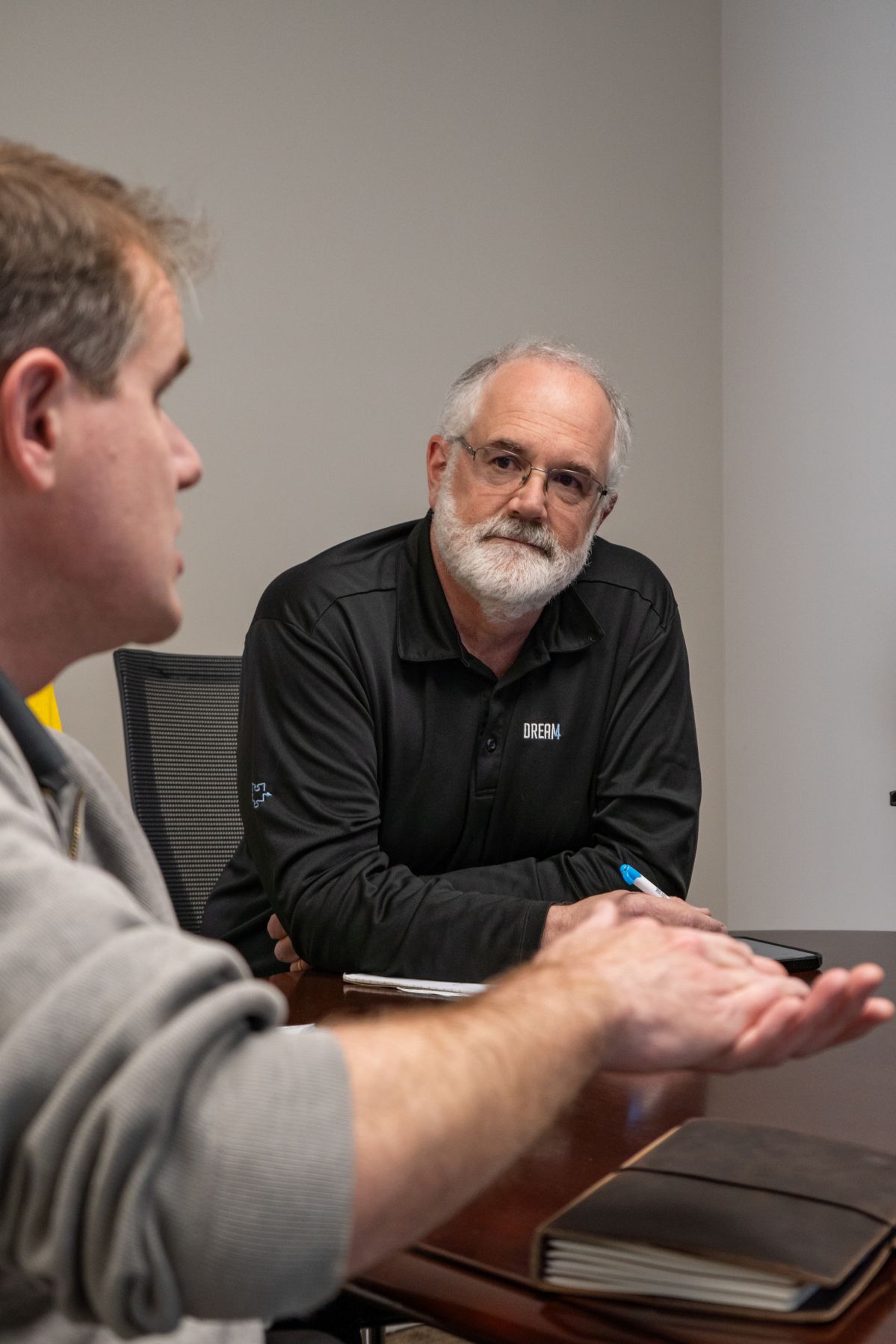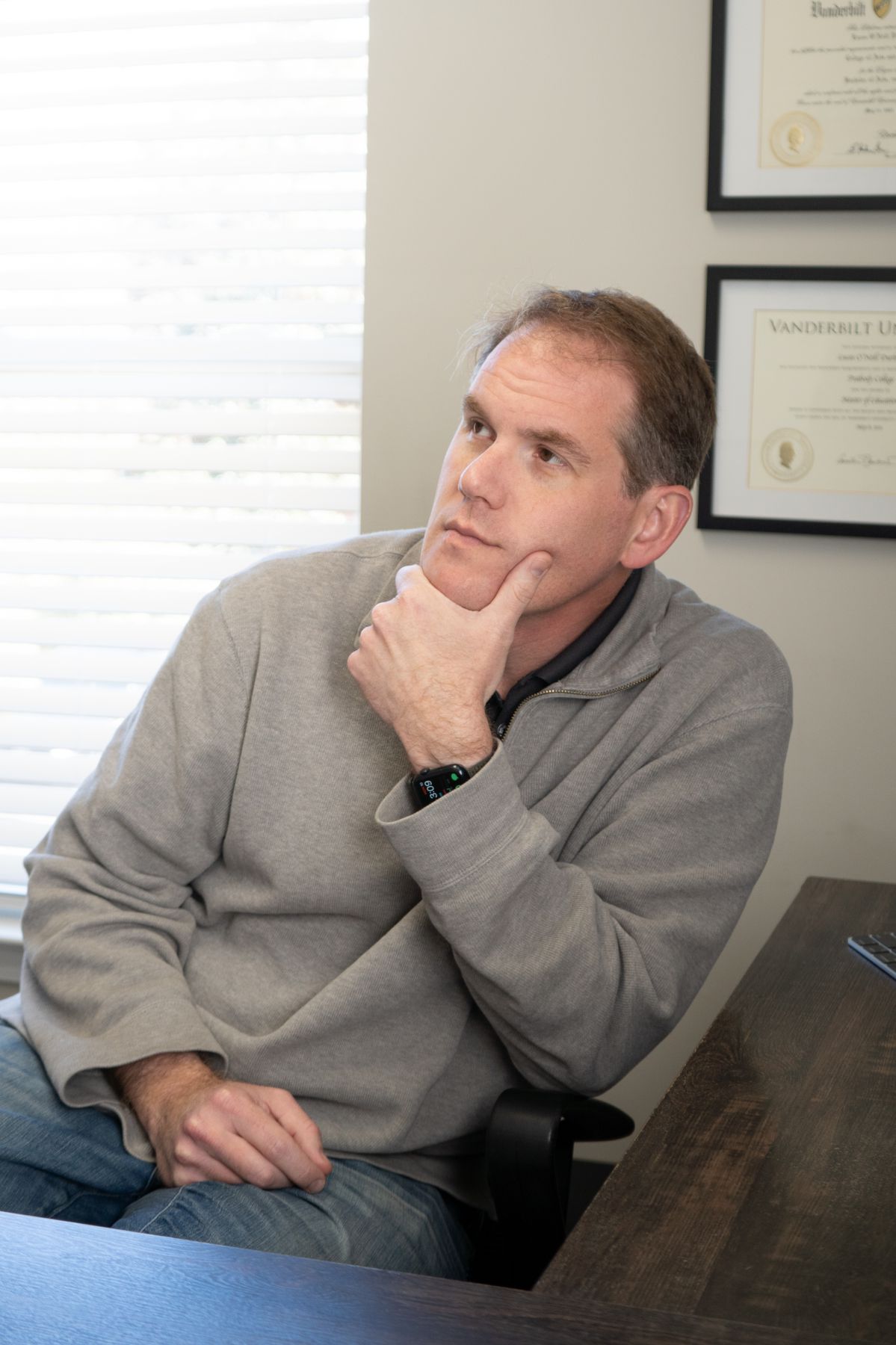As we look forward to 2021, we have been examining leadership traps to avoid. We should be able to agree that we all have room to grow and improve. Today we will look at two pitfalls to which leaders often fall victim: perfectionism and resistance to change.
Read the following fictitious vignette and see if you can spot the traps and unintended consequences.
Devon is the Sales Manager for a home security company that consists of 50 employees. He has six direct reports, one of whom is Frank. Devon’s team holds weekly meetings, and Frank is responsible for creating the sales reports for the team to review. Frank has long disliked this task, especially since he feels it is difficult to interpret the data due to the layout. Also, Devon stops by Frank’s desk every week, asking if Frank has the report ready. He usually quips, “and everything is correct?” as he walks away.
Before this week’s meeting, Frank decided to update the sales report to make it easier to read and interpret. He did not consult with Devon before this decision, but he felt confident that he improved the document. Frank arrived at the conference room early and set the sales reports at everyone’s seats. The team members all commended the new format as they entered the room – until Devon arrived.
Devon: “What is this? Frank, what is this? Where is the sales report?”
Frank: “This is the new and improved sales report. I just wanted to make it a little easier to interpret and …”
Devon [raising his voice]: “Did I ask you to change the sales report? Did I tell you to change the sales report? No. I did not. Does anyone else have trouble interpreting the sales report?”
[Everyone remains quiet-looking anywhere but at Devon or Frank]
Devon continues: “So, I guess it’s just you, Frank. And look, the numbers aren’t even correct. I know Johnny sold an account last week that is not reflected here. You change a perfectly good document, and you can’t even do it correctly.”
Frank: “Look, I’m sorry. I just wanted to help. I’ll change it back.”
Devon [realizing his outburst too late]: “Okay. Look, everyone, I just want us to be successful. That’s what we all want, right? And we won’t hit our goals if we waste time on things like this. We need to be focusing on generating leads, not formatting documents. And, we need to get these numbers right! It affects everything – from our jobs to our bonuses to next year’s goals.
Frank, adjust Johnny’s numbers and make sure they are not any more mistakes. We’ll start the meeting and review the report when you bring it back. Then next week, we’ll go back to the original version so that we can all read it. Okay? Thanks.”
There are many problems with this scenario, explicitly involving Devon’s leadership of his team and treatment of Frank.
Let’s look at how Devon’s resistance to change impacts his team and the team dynamics:
- Creativity is Squashed – How likely is anyone to try something new again? Devon made an example out of Frank for merely trying to improve the readability of a document. Devon has set the precedent that any creative thinking is discouraged.
- You are What You Produce – Devon did not allow Frank the opportunity to explain how he improved the sales report. Devon didn’t appear to appreciate Frank’s effort. More than likely, the whole team sees Devon as someone who doesn’t truly value their input. The only metric that seems to matter to Devon is meeting their production goals.
- The Gratitude Gap – Devon just created a gap between himself and his team. When a leader stifles his people’s voices, his people begin to learn not to use their voices. They will not approach Devon with new ideas or feel like Devon is supportive of them.
Devon has acted like one of the hardest people to work with — a narcissist.
Now, let’s look at how Devon’s expectation of perfection impacts his leadership ability:
- Crushed Culture – Successful leaders cultivate a positive attitude and optimism. They have high standards, do the work while also continue learning and growing. Devon demonstrates an expectation for perfection and seemingly holds impossibly high standards. This crushes communication – the foundation for teamwork.
- Fear vs. Freedom – Again, Frank and the rest of Devon’s team are being shown that anything but perfection is not accepted. The team will now operate out of fear that they will disappoint Devon and be subject to the public ridicule that Frank experienced in the vignette. People do not produce their best results when working out of fear. People need the freedom and support to fail.
- Loss of Learning – We all learn more from mistakes than successes. When perfection is the only acceptable measure for a team, individuals stop trying to improve and focus solely on not making mistakes. Devon is creating robotic workers and not providing the environment for his team to learn and grow.
While this scenario may seem a bit extreme, leaders all feel pressure to succeed and reach their goals, just as Devon demonstrated. However, success ultimately comes from growing an inspired and engaged workforce.
Whether or not you struggle with these specific pitfalls, we need to continue to develop as leaders. If you’re not working on it, it’s not getting better.
Reach out to us – find out how to close the gap between where you are and where you want to be. Find out how you can create an inspired and engaged team. Find out how to develop your own leadership abilities and those of your emerging leaders. Don’t just wait for these pitfalls to show up in 2021. Make a plan to get better now.




